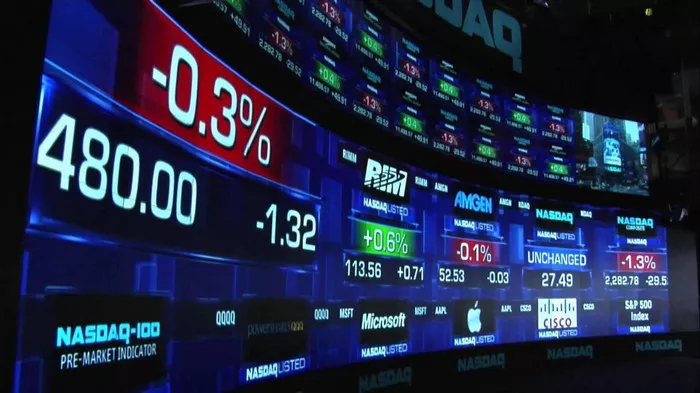Chicago Board of Trade wheat futures surged to their highest level since October on Thursday, driven by concerns that cold weather could damage crops in the Black Sea region, analysts said. Short covering by commodity funds also contributed to the price increase, while corn and soy futures remained nearly unchanged.
Traders focused on wheat conditions in Russia and Ukraine, two major global suppliers, as colder weather expected next week reignited fears of potential crop losses. Wheat, which had seen a mild winter so far, is particularly vulnerable to the predicted chill, analysts warned.
Commodity funds had been holding a net short position in CBOT wheat, betting that prices would decline, while simultaneously increasing their bets on rising corn and soy prices. “Funds are long corn and soybeans, and wheat is trying to catch up,” said Karl Setzer, partner at Consus Ag Consulting. “Typically, you don’t see them short one complex and long the other two, so when there’s buying it gravitates toward that one.”
The most-active CBOT March wheat contract rose 15-1/2 cents to $5.87-3/4 per bushel. CBOT March corn futures increased by two cents to $4.95-1/4 per bushel, while March soybeans gained 3-1/2 cents, reaching $10.60-1/2 per bushel.
On Wednesday, corn prices reached their highest point since October 2023, and soybeans climbed to their highest level since July 2024. Grain markets were also supported this week by the suspension of planned U.S. tariffs on Canada and Mexico, along with China’s more measured counter-tariffs that did not target crops.
Traders had expressed concerns that the tariffs could trigger retaliatory actions against U.S. grains, threatening sales to key buyers such as China and Mexico.
Jamieson Greer, President Donald Trump’s nominee for U.S. trade representative, announced he would review China’s compliance with the “Phase 1” trade deal, which was signed during Trump’s first term. Under the agreement, Beijing committed to purchasing more American farm products, though analysts noted that China has not fully honored the deal, making enforcement difficult.
“How do you force an importer to buy more when they don’t need it?” Setzer questioned.


